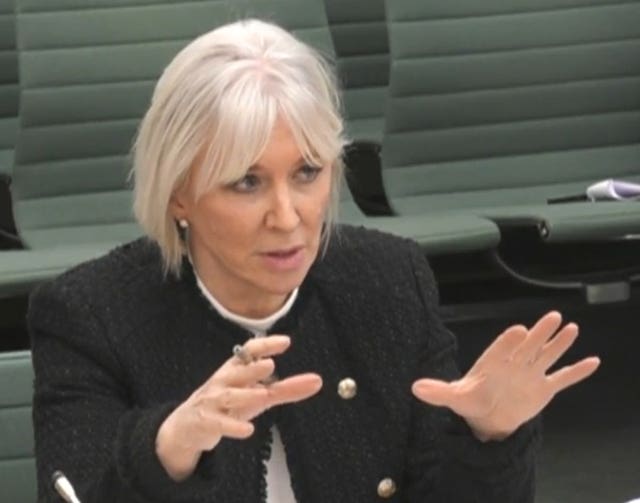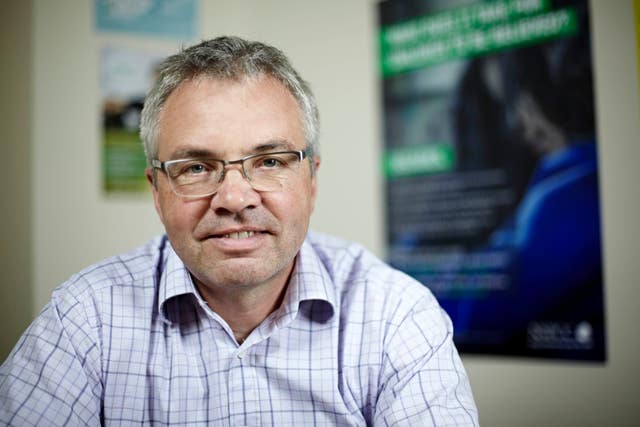
Oli Dugmore 4am - 7am
3 December 2021, 00:04

The charity called for stronger measures to protect children in the draft Online Safety Bill.
Social media is being used as a “conveyor belt” to produce and share child abuse images on an “industrial scale”, the NSPCC has said as it revealed more than 100,000 images had been recorded by police in the last five years.
The child protection charity called on Culture Secretary Nadine Dorries to strengthen the Online Safety Bill to disrupt this offending.
It said the draft Bill fails to do enough to protect children, and has published a five-point plan to bolster it.

That plan calls for:
– More required risk assessments by firms to spot cross-platform activity and disrupt grooming pathways
– Measures to stop abusers organising online
– Firms to have a named manager in charge of child safety
– More powers for the regulator to combat abuse in private messaging
– A statutory body to represent the interests of children
Figures obtained from police forces around the UK showed the number of offences relating to child abuse material peaked at 25,281 in 2020/21, up 37% from five years ago.
That included data from Police Scotland, which shows the number of offences relating to possessing, taking, making and distributing child abuse material in Scotland peaked at 660 last year – up 13% from 2019/20.
The coronavirus outbreak and lockdown also had an effect, the NSPCC said, with offences jumping nearly a fifth (18%) during the first year of the pandemic.
NSPCC chief executive Sir Peter Wanless said: “The staggering amount of child sexual abuse image offences is being fuelled by the ease with which offenders are able to groom children across social media to produce and share images on an industrial scale.

“The Government recognises the problem and has created a landmark opportunity with the Online Safety Bill. We admire Nadine Dorries’ declared intent that child protection is her number one objective.
“But our assessment is that the legislation needs strengthening in clear and specific ways if it is to fundamentally address the complex nature of online abuse and prevent children from coming to avoidable harm.”
MPs and peers are scrutinising the Online Safety Bill, with their recommendations expected to be published in the coming days.
Susie Hargreaves, chief executive of children’s online safety charity the Internet Watch Foundation, said child sexual abuse online was reaching “monumental levels”.
“This year, we have already taken action on a record number of reports – removing millions and millions of videos and images of children having sexual torture and rape inflicted upon them from the open internet,” she said.
“These are real children, and their suffering can stay with them forever.
“The Online Safety Bill is a once-in-a-generation chance to make the internet a safer place for children. But make no mistake, if there is not a renewed focus on child safety right at the core of the legislation, it is the most vulnerable children who will be hurt.”
A spokesperson for the Department for Digital, Culture, Media and Sport said: “Our pioneering new laws will be the most comprehensive in the world in protecting children online.
“Social media companies will need to clamp down on child abuse content and prevent young people from being groomed or exposed to harmful material. If they fail to act they will face huge fines or have their sites blocked.”